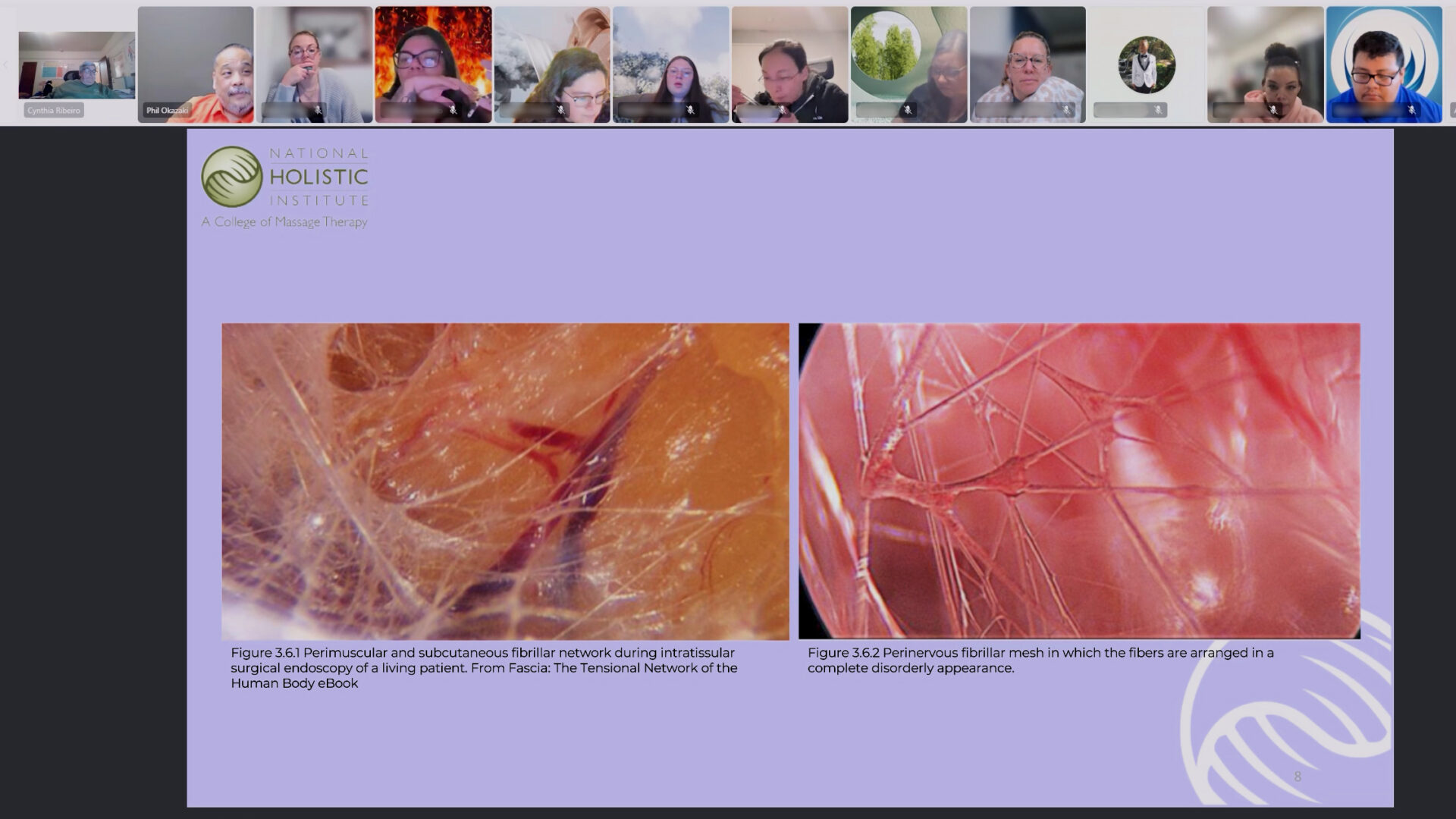
All Campus Events
CE Class | The Psychological Aspect of a Biopsychosocial Pain Management Assessment
All Campus Events
CE Class | The Psychological Aspect of a Biopsychosocial Pain Management Assessment
This event has expired. Stay tuned for upcoming dates!
As this event has concluded, keep an eye out for updates on upcoming happenings. While you wait, explore other exciting activities in All Campus Campus. We can't wait to welcome you soon!

